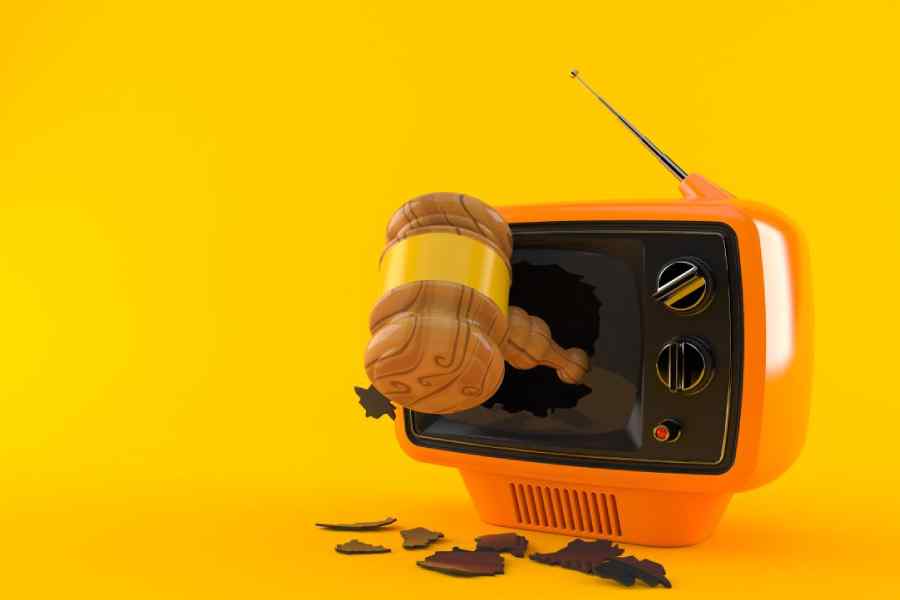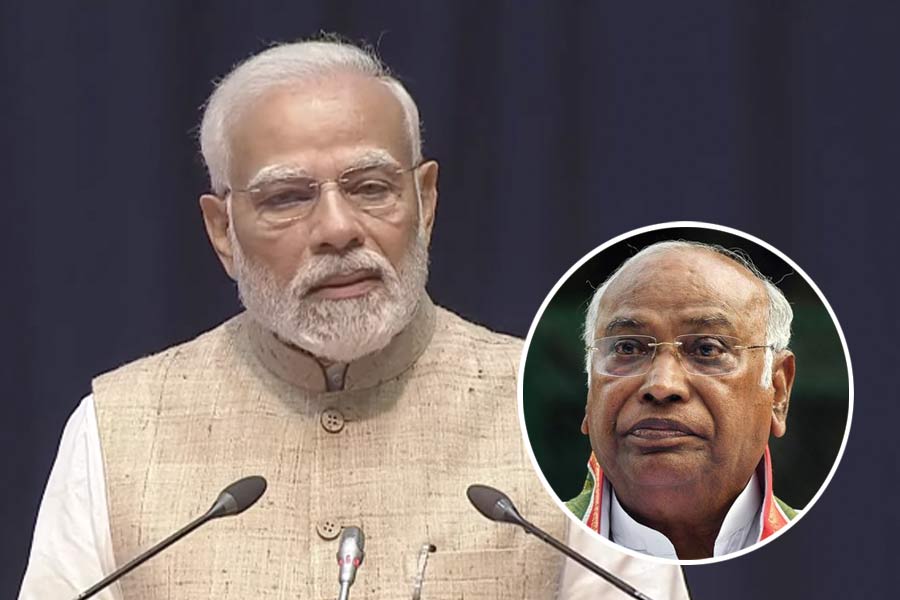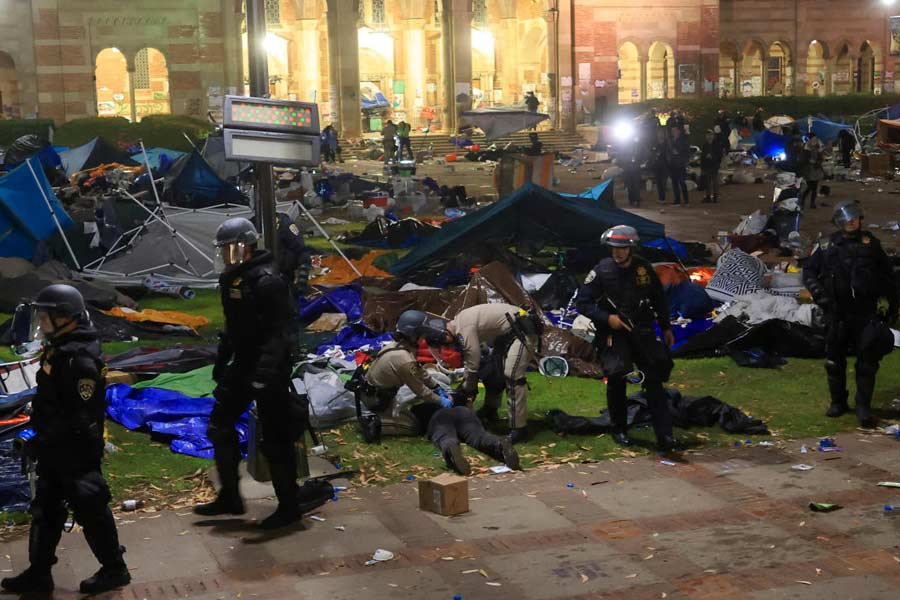The ministry of information and broadcasting has put forth the broadcasting services (regulation) bill, 2023. The proposed legislation is intended to replace the Cable Television Networks (Regulation) Act of 1995 along with other existing policy guidelines governing the sector. Notably, the new draft bill extends its regulatory purview to include over-the-top platforms and digital news and current affairs. It introduces clear definitions for contemporary broadcasting terms, incorporates provisions for emerging broadcasting technologies, and aims to enhance self-regulation by introducing ‘Content Evaluation Committees’ and transforming the existing Inter-Departmental Committee into the Broadcast Advisory Council.
The broadcasting bill introduces statutory penalties, including advisory, warning, censure, or monetary penalties, applicable to operators and broadcasters. The
provision for imprisonment and/or fines is retained, but exclusively for severe
offences. The linkage of monetary penalties to the financial capacity of the entity ensures a regulatory process characterised by fairness. Specific attention is paid to addressing the needs of persons with disabilities through the formulation of comprehensive accessibility guidelines. The commitment to this objective is underscored by the proposal to appoint a disability grievance officer responsible for monitoring compliance.
Nevertheless, in its current form, the bill appears to extend its regulatory reach
to encompass creative and artistic freedom. Notably, the legislation will now oversee the regulation of current affairs and digital news published on intermediaries like YouTube and Facebook, necessitating adherence to the Programme and Advertising Codes. The regulations applicable to OTT platforms will be imposed on these intermediaries. This regulatory expansion raises concerns about the potential impact on online free speech and the freedom of journalistic expression, whether by a news broadcaster or an independent news disseminator, acting in an organisational or individual capacity. Such regulations may pose a threat to users’ rights to access a variety of perspectives as those broadcasting news may tailor their content to align with the preferences of the government to avoid penalties for non-compliance. The most contentious aspect of the bill is the mandatory publication of details regarding the Content Evaluation Committee of the broadcast service provider on a public platform. While this may have been well-intended to encourage accountability for posted content across different media, the obligatory disclosure of such information could potentially expose individuals involved in the Content Evaluation Committee to personal risks.
The bill’s approach to regulating OTT services within the same framework as traditional broadcasting raises significant concerns. The inherent nature of both platforms is fundamentally different. This could result in financial and compliance challenges, limiting viewer choice.
The proposition of a three-tiered regulatory structure, reminiscent of the
contentious IT Rules, 2021, lacks statutory backing and has encountered legal challenges. It seemingly applies traditional broadcasting rules to digital platforms, prompting questions about the practicality and the necessity of adopting a uniform regulatory approach for diverse mediums such as OTT and traditional TV. The bill has deferred numerous specific provisions to be determined later by the executive, introducing uncertainty for stakeholders affected by the draft bill.
A notable concern arises from the composition of the BAC, which holds decisive authority over content censorship across all media. All members of this council will be nominated by the Centre. Given the increased censorship in recent years, a careful examination of the code is warranted.
Bhuvnesh Kumar and Sharad Panwar are students at National Law University, Jodhpur










